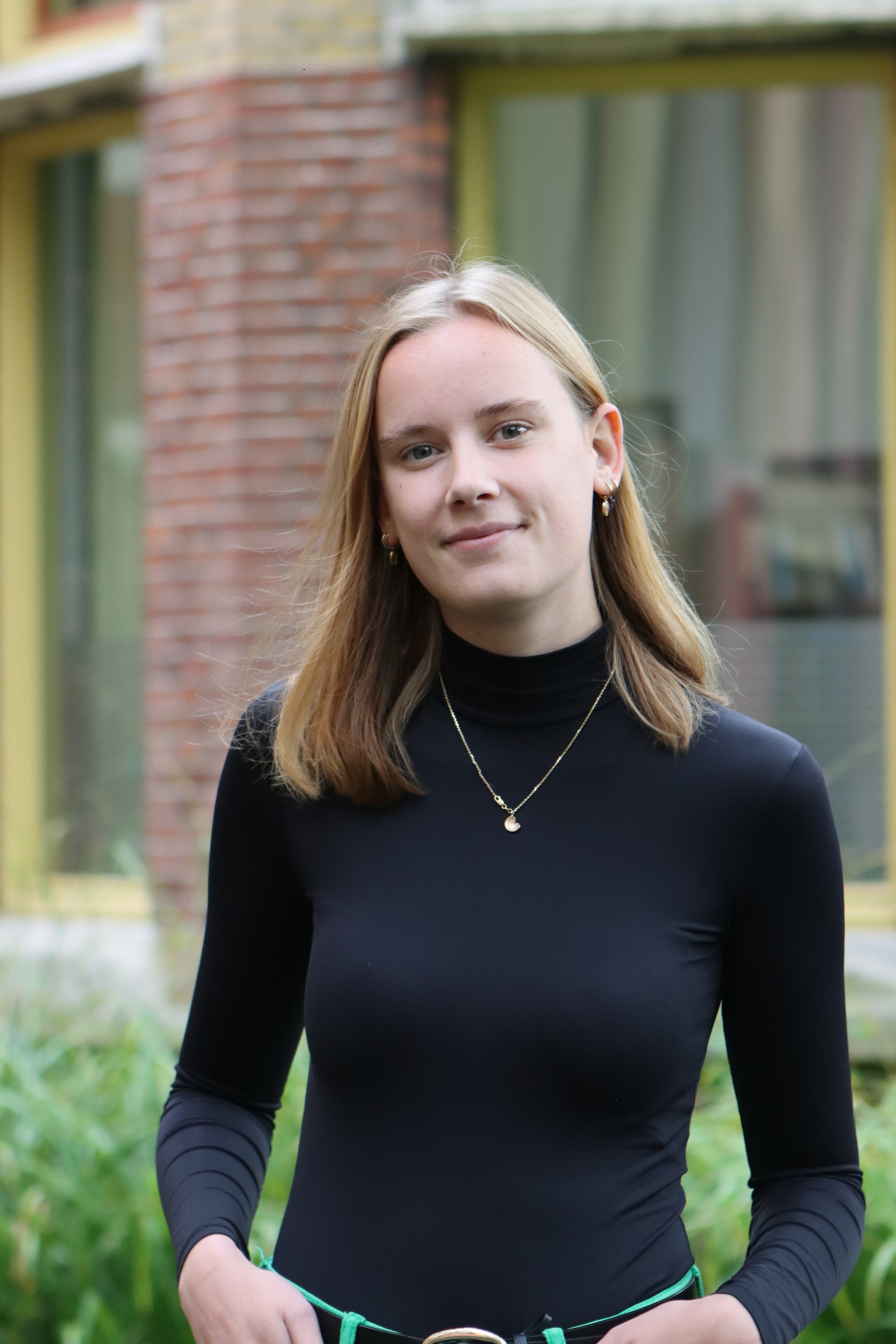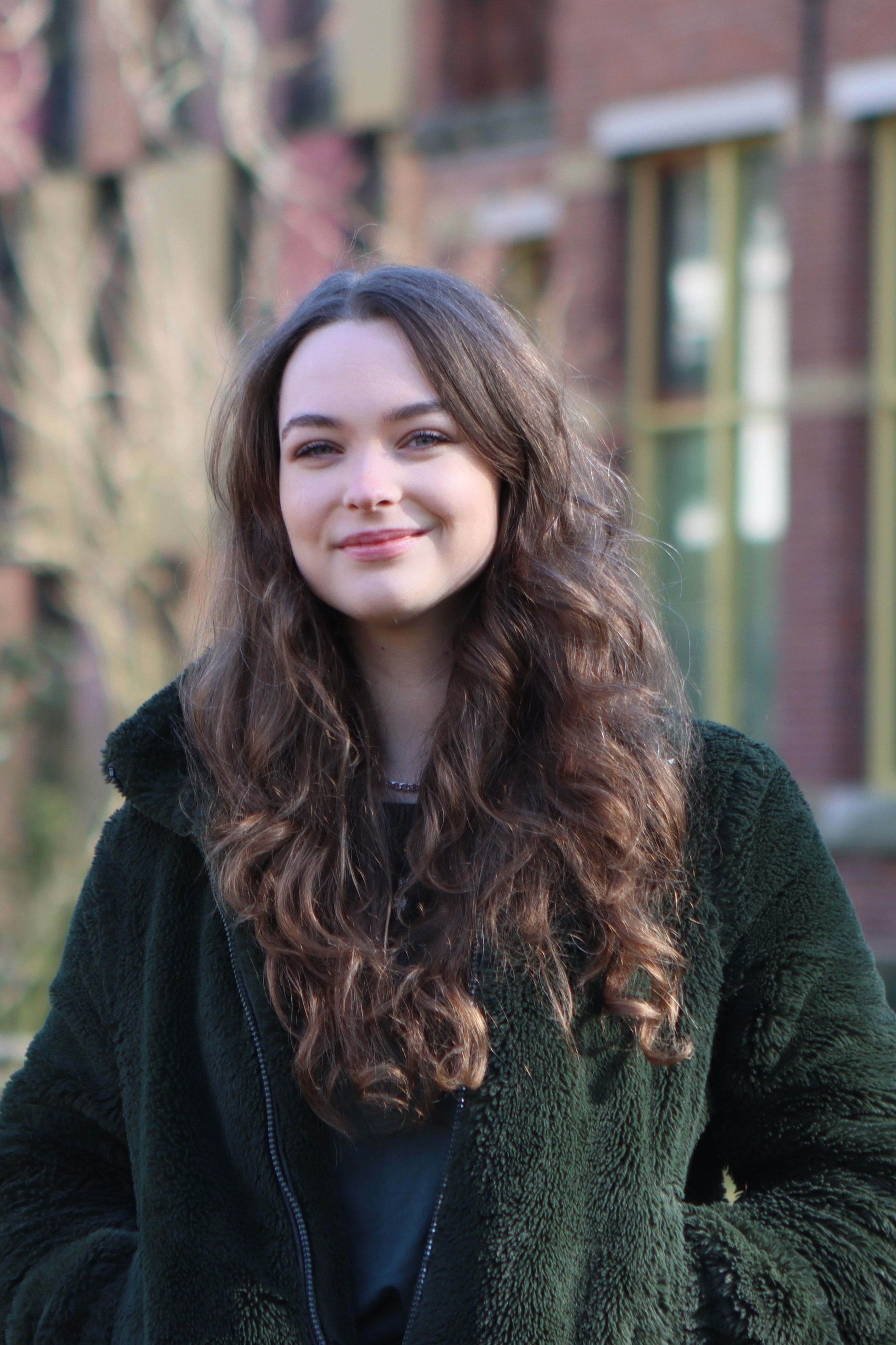Bachelor Sociologie

In de bacheloropleiding Sociologie verdiep je je in de samenleving. Je leert maatschappelijke problemen doorgronden en werkt aan oplossingen op het gebied van arbeid, onderwijs, criminaliteit & veiligheid of gezondheidszorg. Je ontwikkelt de academische en onderzoeksvaardigheden die nodig zijn om als adviseur, onderzoeker of docent bij te dragen aan een betere maatschappij.
Hbo-propedeuse
Heb je geen vwo-diploma? Je kunt ook instromen met een hbo-propedeuse of -diploma. Je moet dan aantonen dat je voldoende voorkennis op VWO-6 niveau hebt door middel van één of meerdere aanvullende examens.
Matching
Voor Sociologie is matching verplicht.
Je vult een korte vragenlijst in. Dat kan van 27 maart t/m 31 mei. Je vindt de vragenlijst op de RUG Student Portal. Zodra je bent aangemeld voor de opleiding krijg je gegevens om hier in te loggen.
Als je dat wil, kun je ook een matchingsgesprek aanvragen. Dat is je eigen keuze. Ook hiervoor geldt dat je je kunt aanmelden van 27 maart t/m 31 mei via de RUG Student Portal.
Aanmelding na 1 mei
Meld je je aan na 1 mei? Mail dan naar studieadviseur.sociologie.gmw rug.nl om te vragen of het nog mogelijk is om aan de matchingsactiviteit te voldoen. De matchingsactiviteit is een voorwaarde om je aanmelding verder in behandeling te nemen.
Na 31 juli kun je je niet meer aanmelden voor de opleiding.
Career Services
Jouw loopbaan begint al tijdens je studie. Career Services BSS helpt bij het vormgeven van die loopbaan. Welke richting wil je op met je studie, wat kan je na je studie doen? Denk je aan een loopbaan als socioloog, manager, docent, gedragswetenschapper, consultant, onderzoeker, HR adviseur of onderwijskundige? Of heb je nog geen idee over je loopbaan maar wil je graag informatie over mogelijkheden of waar te beginnen met oriënteren?
Evenementen & open dagen
|
4 en 5 oktober 2024 |
De RUG is aanwezig op de Onderwijsbeurs Noordoost in de Evenementenhal te Hardenberg. |
|
|
8 november 2024 31 januari 2025 12 april 2025 |
Open dag voor studiekiezers die informatie willen over de bacheloropleidingen van de RUG. |
|
|
18 november t/m 3 maart t/m
30 maart 2025 |
Vier weken online studeren om te zien of een opleiding echt bij je past. |
|
|
Data verschillen per opleiding en worden in de loop van het studiejaar bekendgemaakt
|
Een dag vol informatie op de faculteit. Voor studiekiezers die meer informatie willen als aanvulling op de bachelor open dag.
|
|
|
22 november 2024 28 maart 2025
|
Voorlichting voor hbo- en universitaire studenten die informatie willen over de masteropleidingen van de RUG. |
|
|
9 t/m 13 december 2024 11 december 2024
|
Webinarweek |
Online voorlichting over onze numerus fixusopleidingen voor scholieren die in september 2025 gaan studeren. |
|
14 juni 2025 |
Algemene informatie voor ouders over de RUG, de stad Groningen, studiekeuze, studiebegeleiding, studiekosten en huisvesting. |
Mail een student
Wil je graag iets weten over de studie van een ervaringsdeskundige? Onze studentassistenten van de opleiding Sociologie beantwoorden je vragen: voorlichting.sociologie rug.nl.



Heb je inhoudelijke vragen over de opleiding Sociologie, ga dan naar: www.rug.nl/bachelors/sociology.
| Laatst gewijzigd: | 29 april 2025 09:17 |


